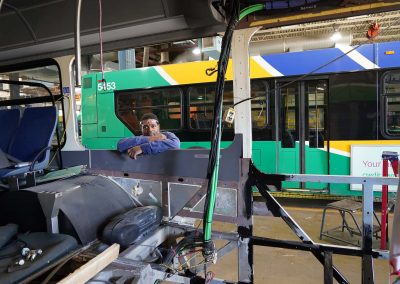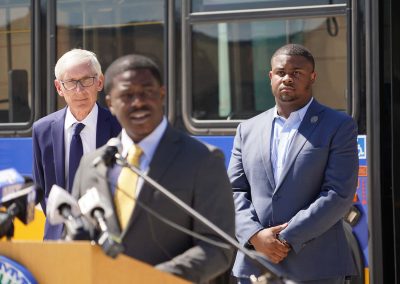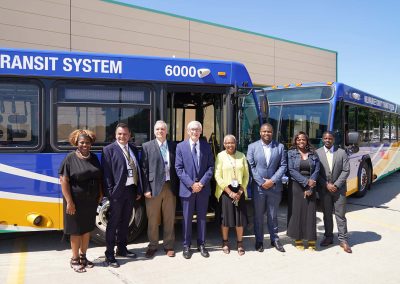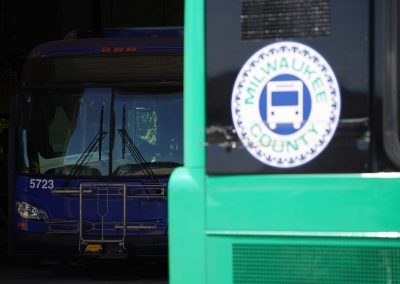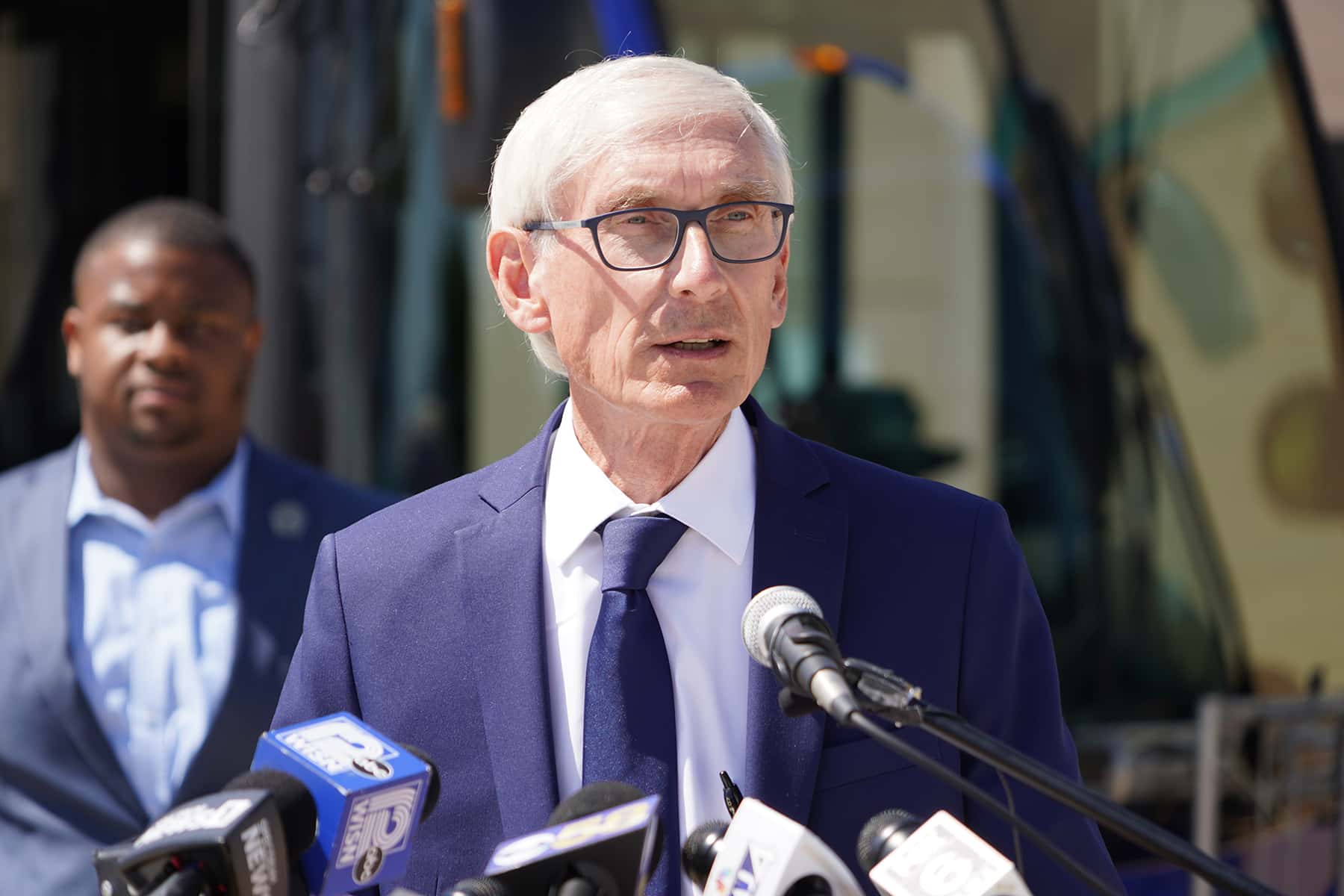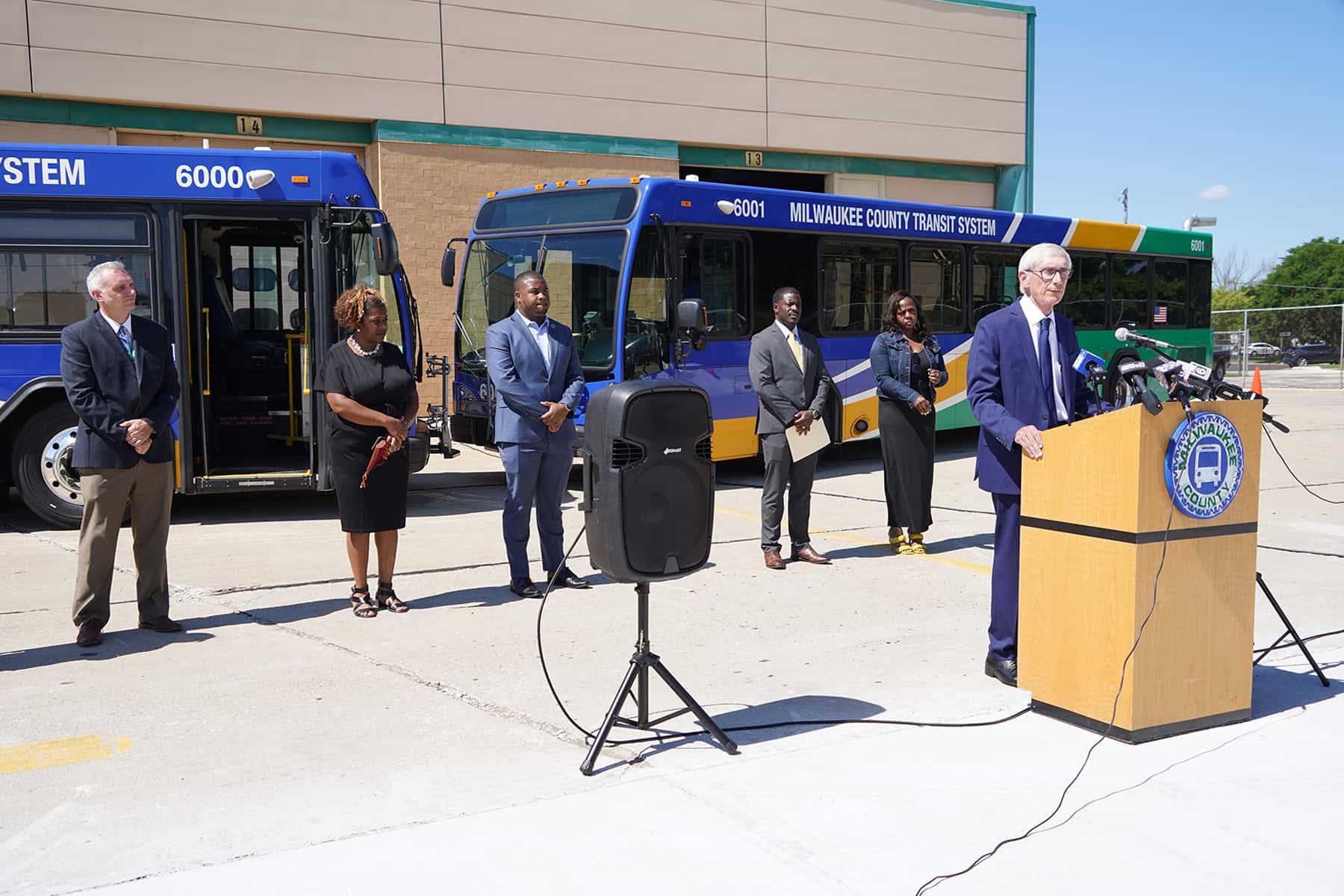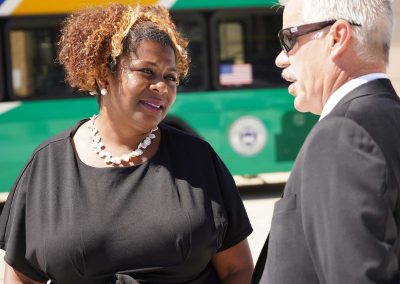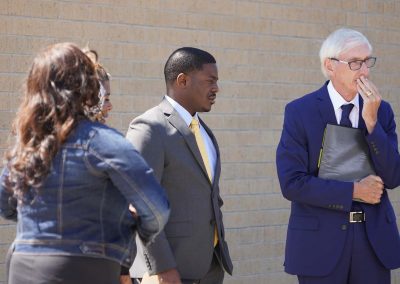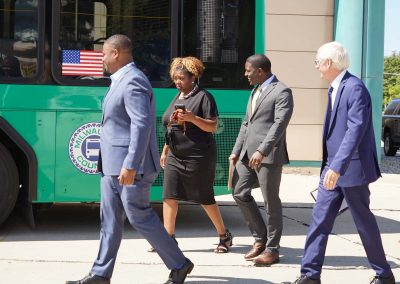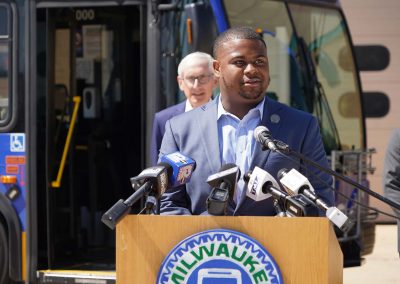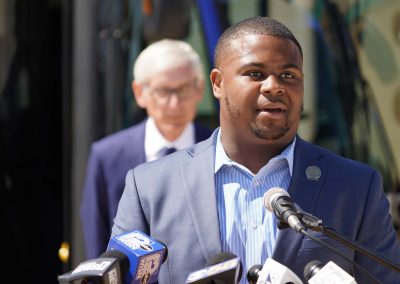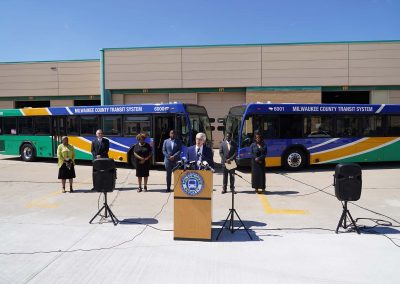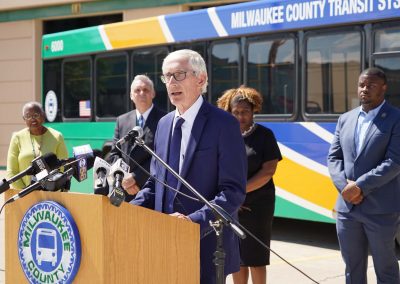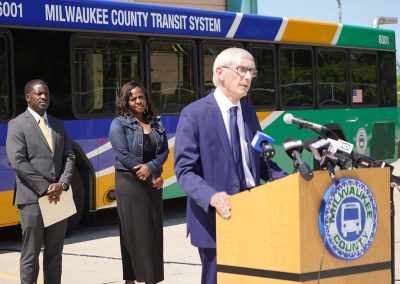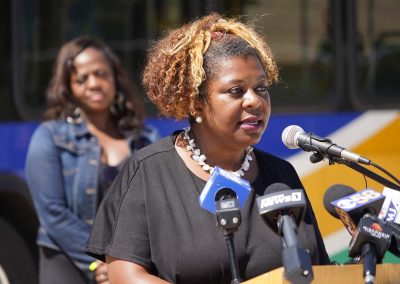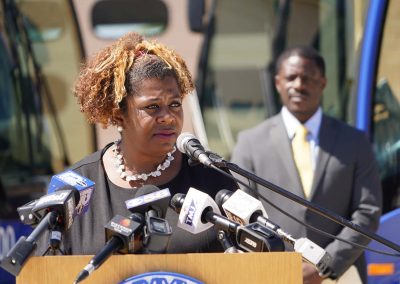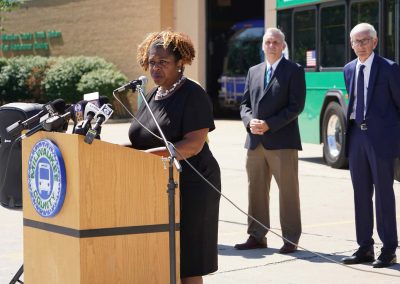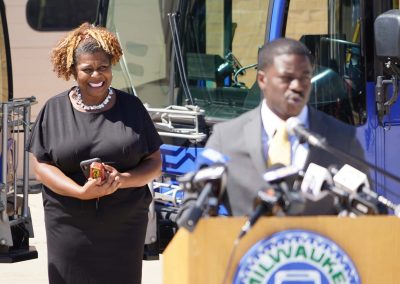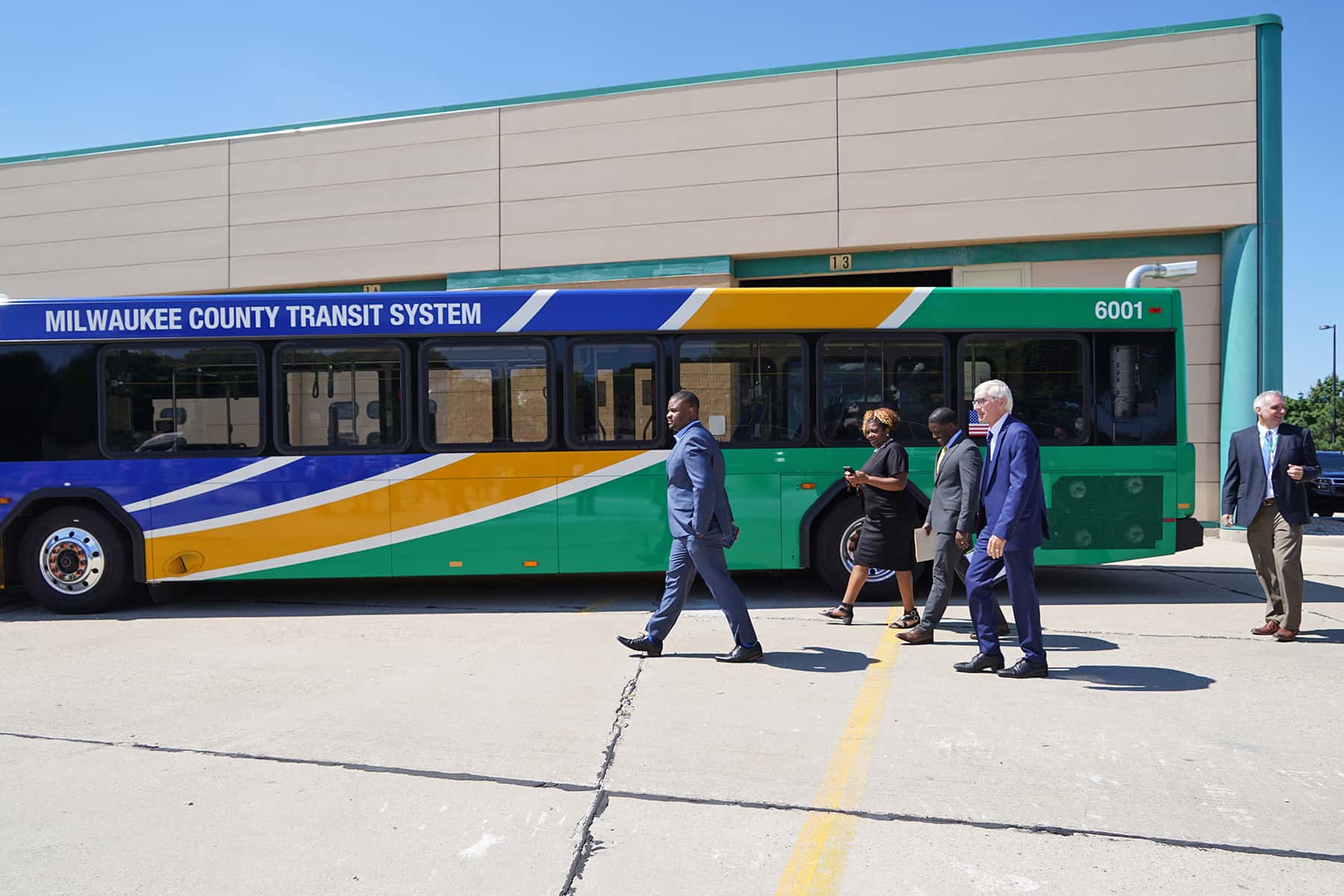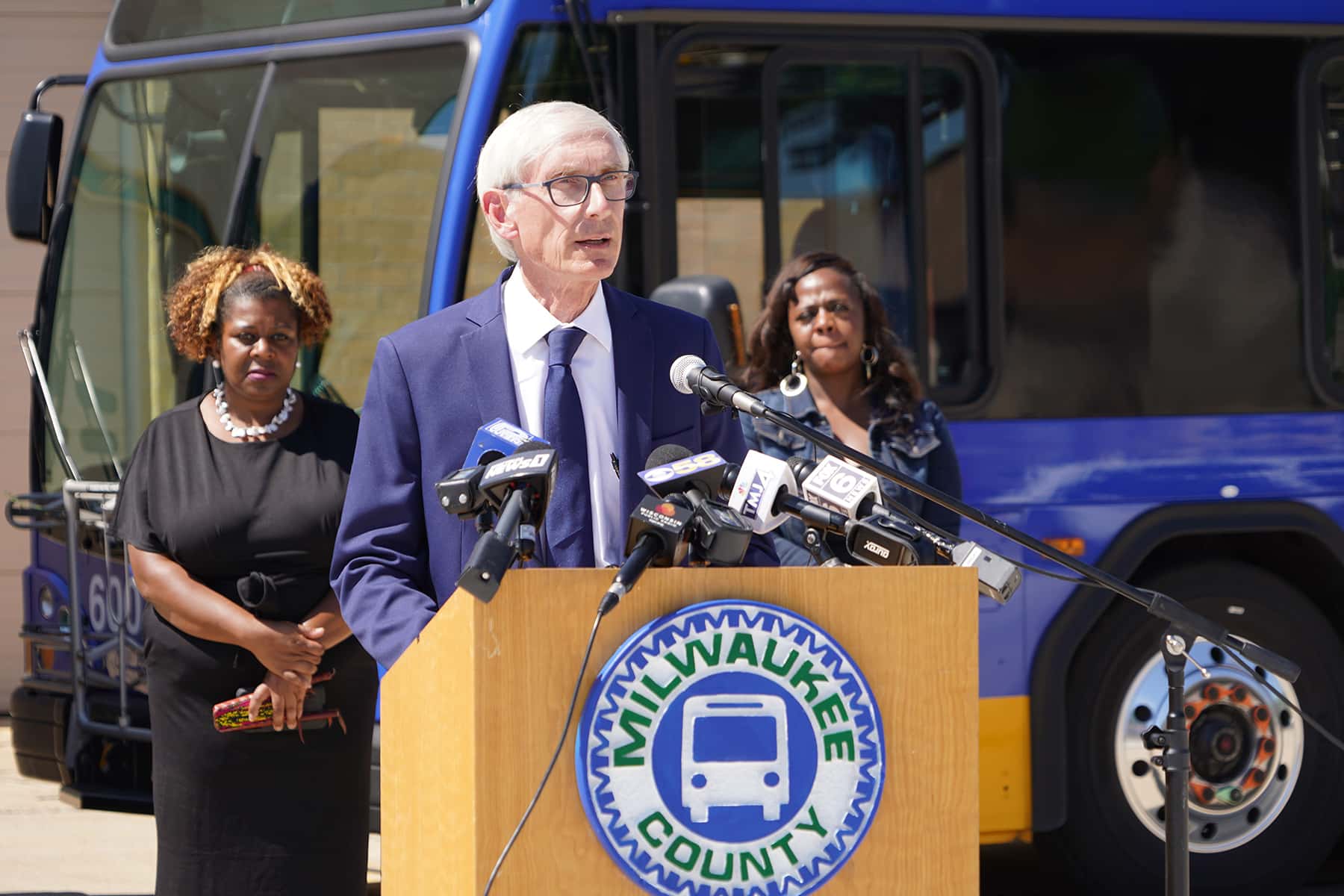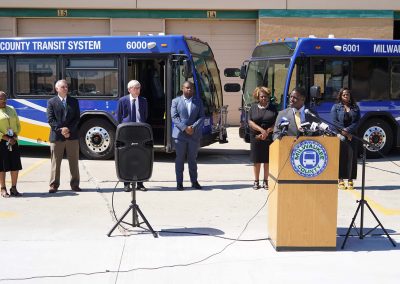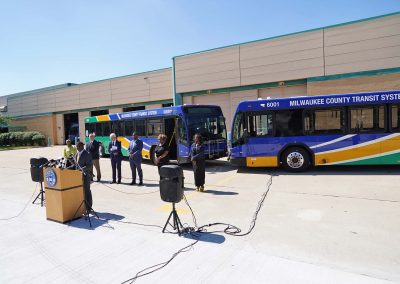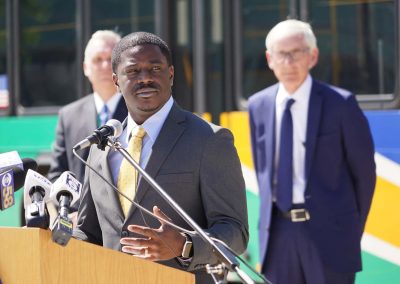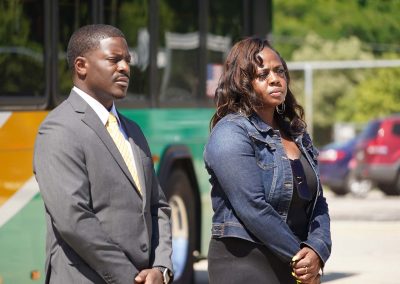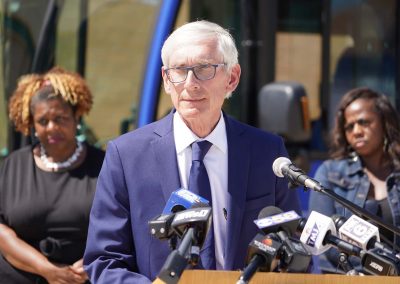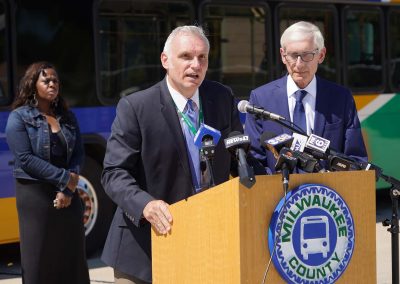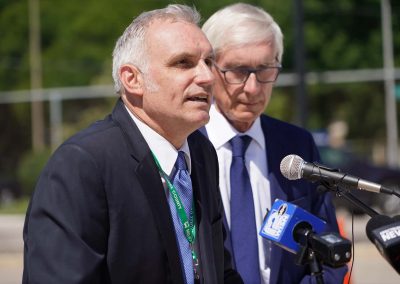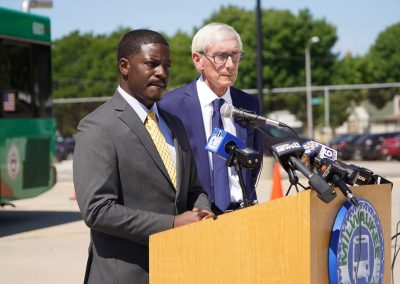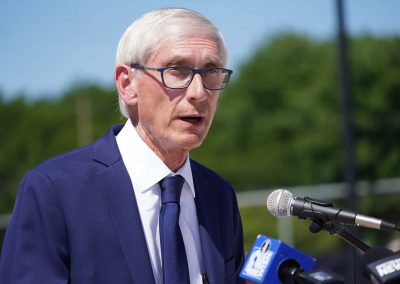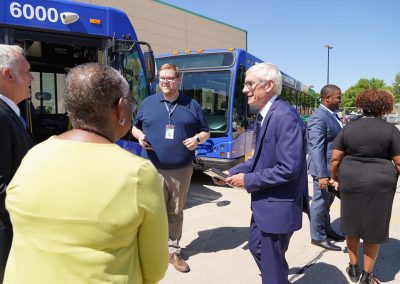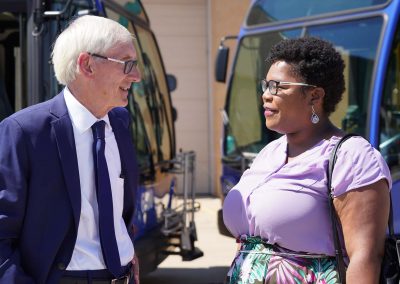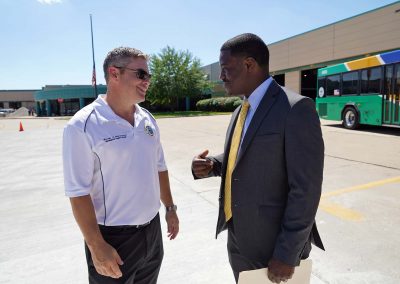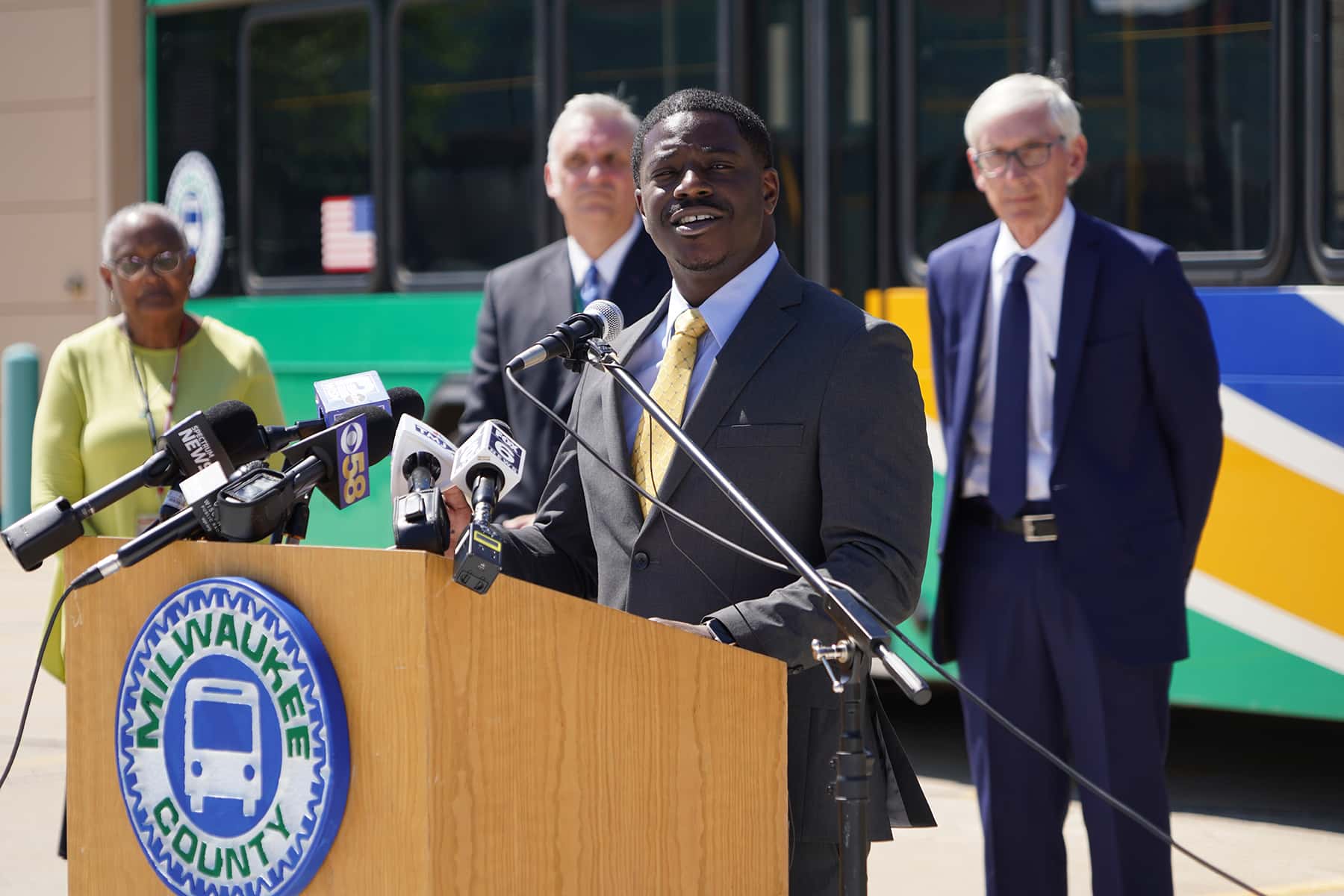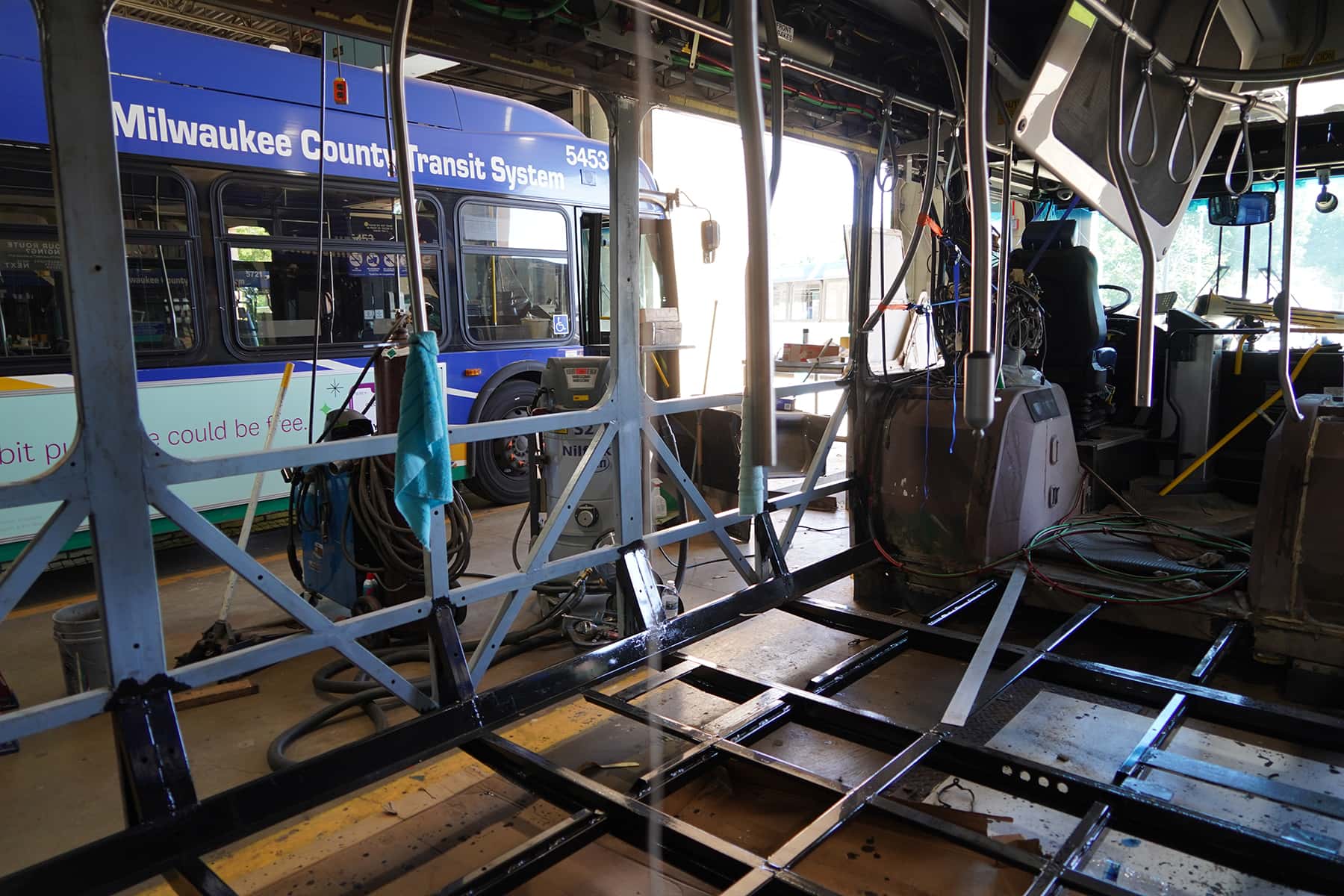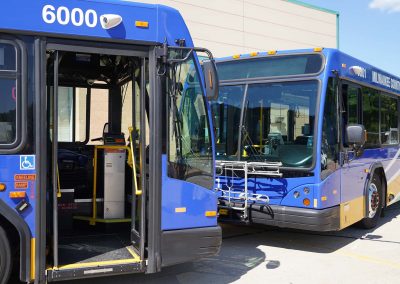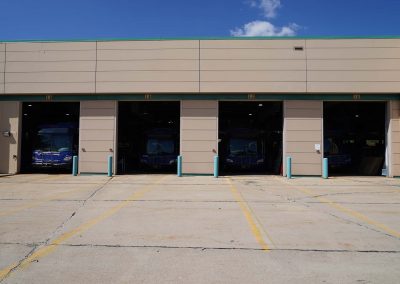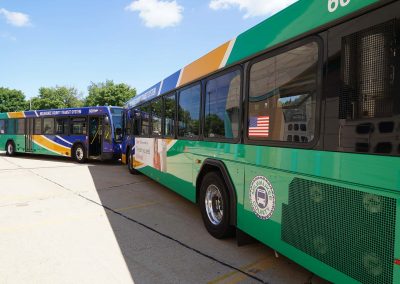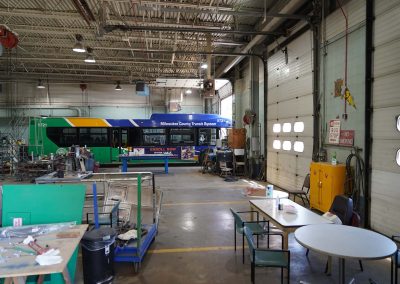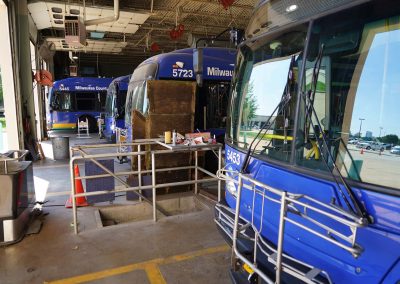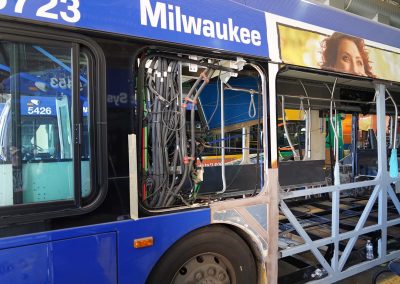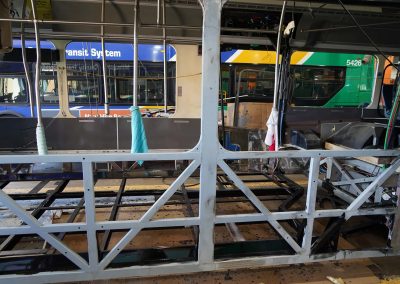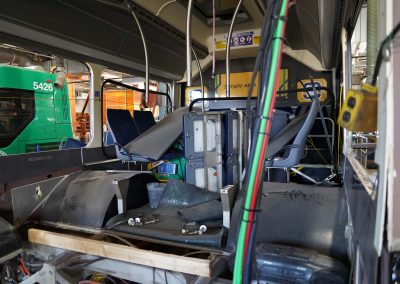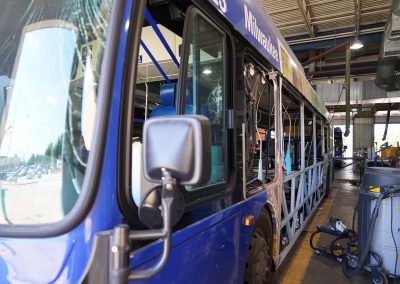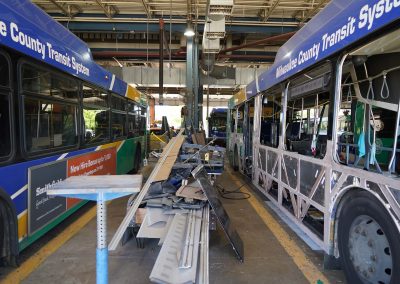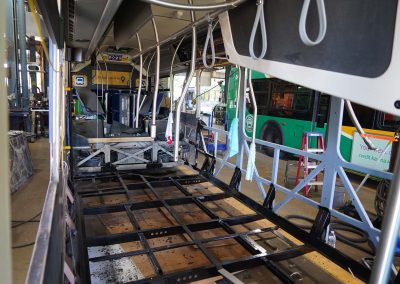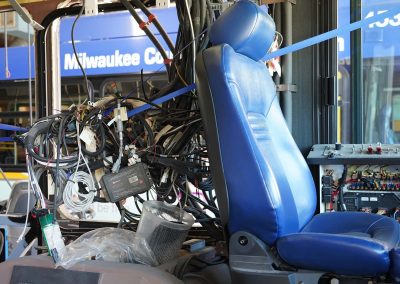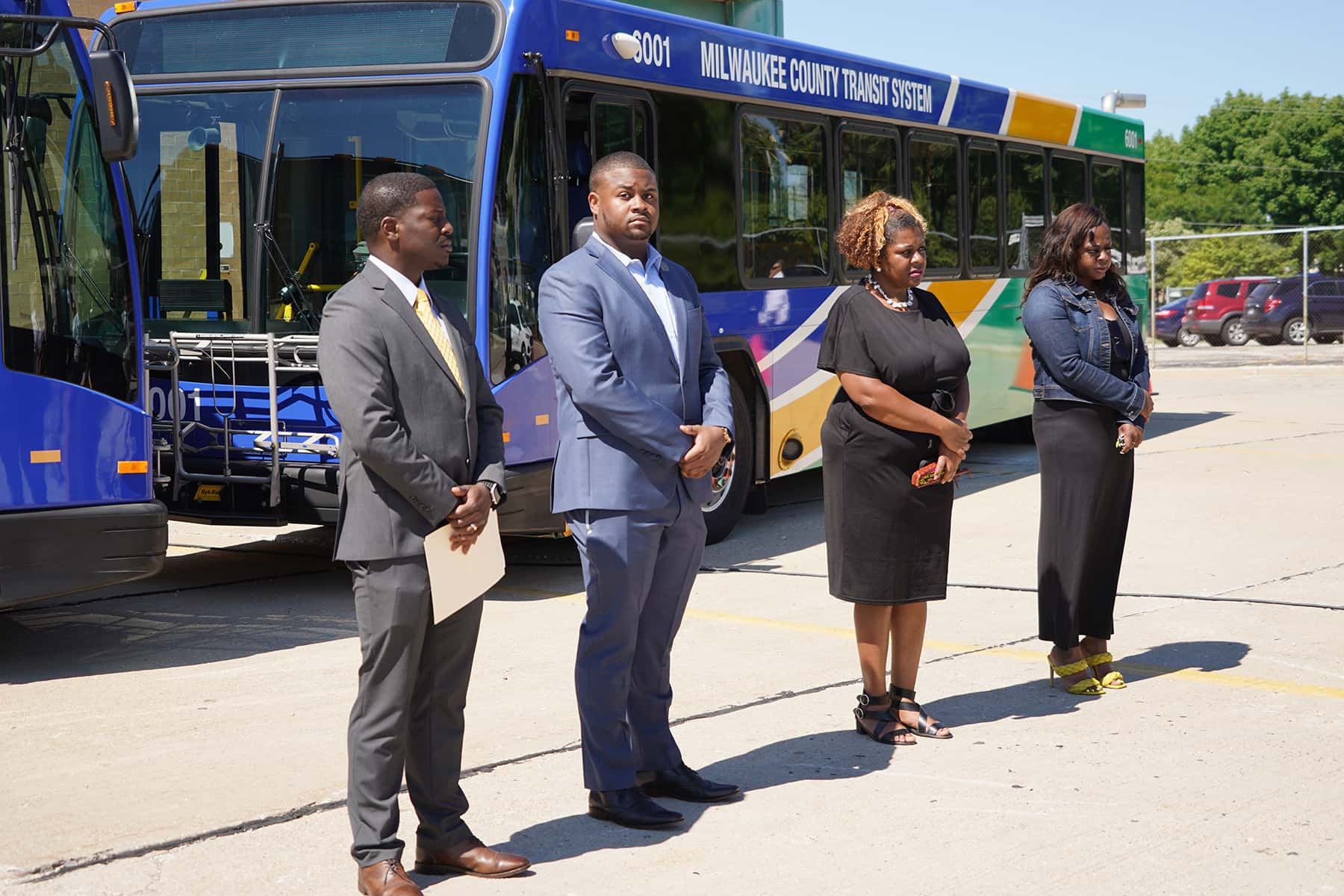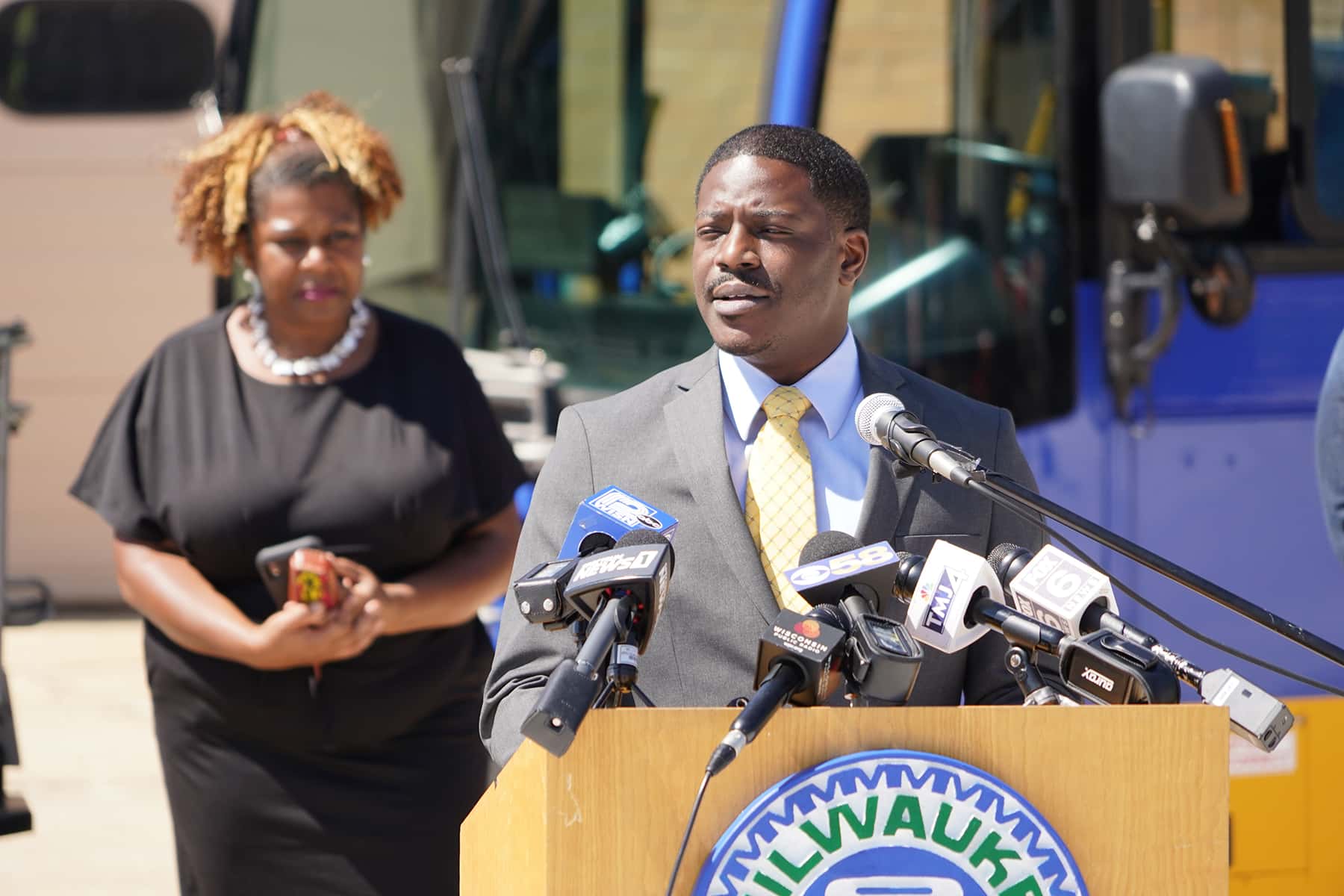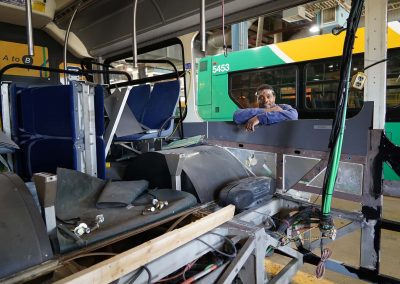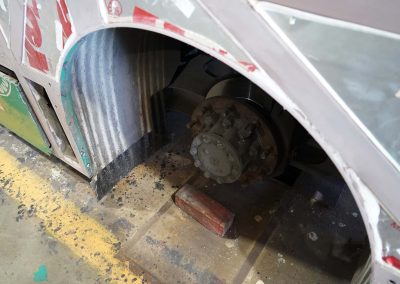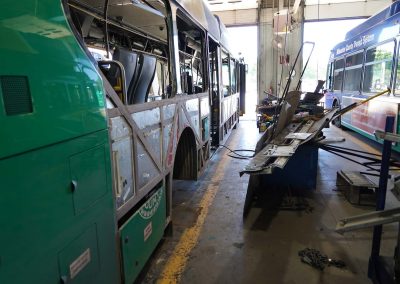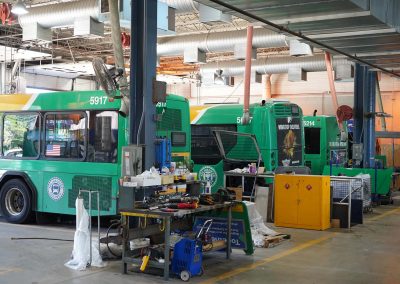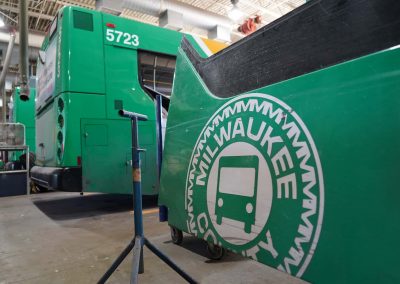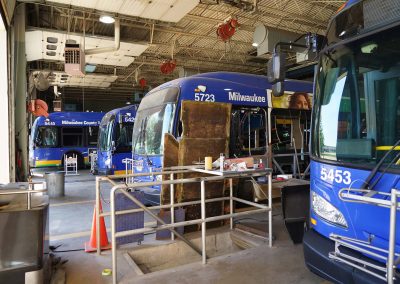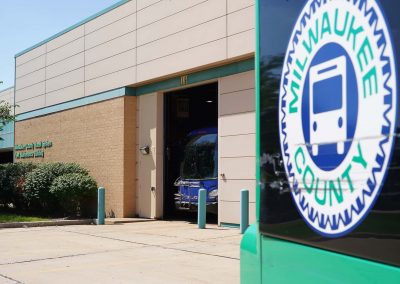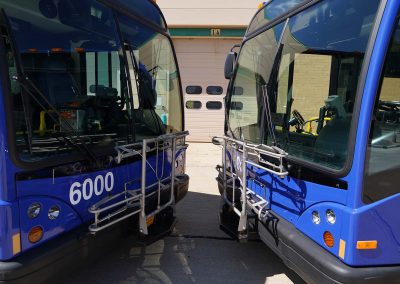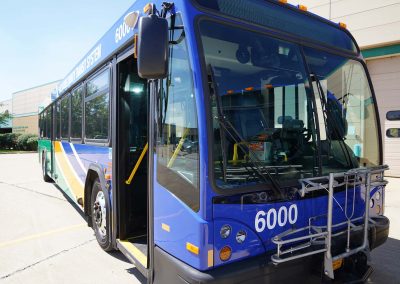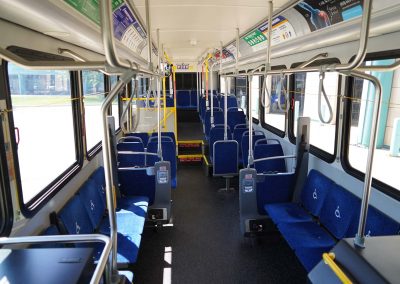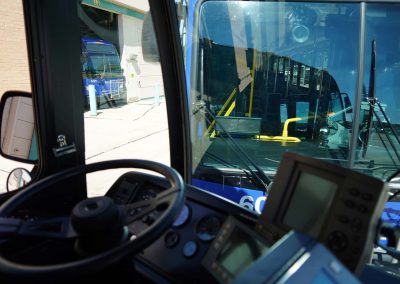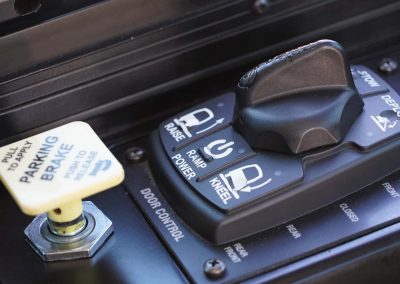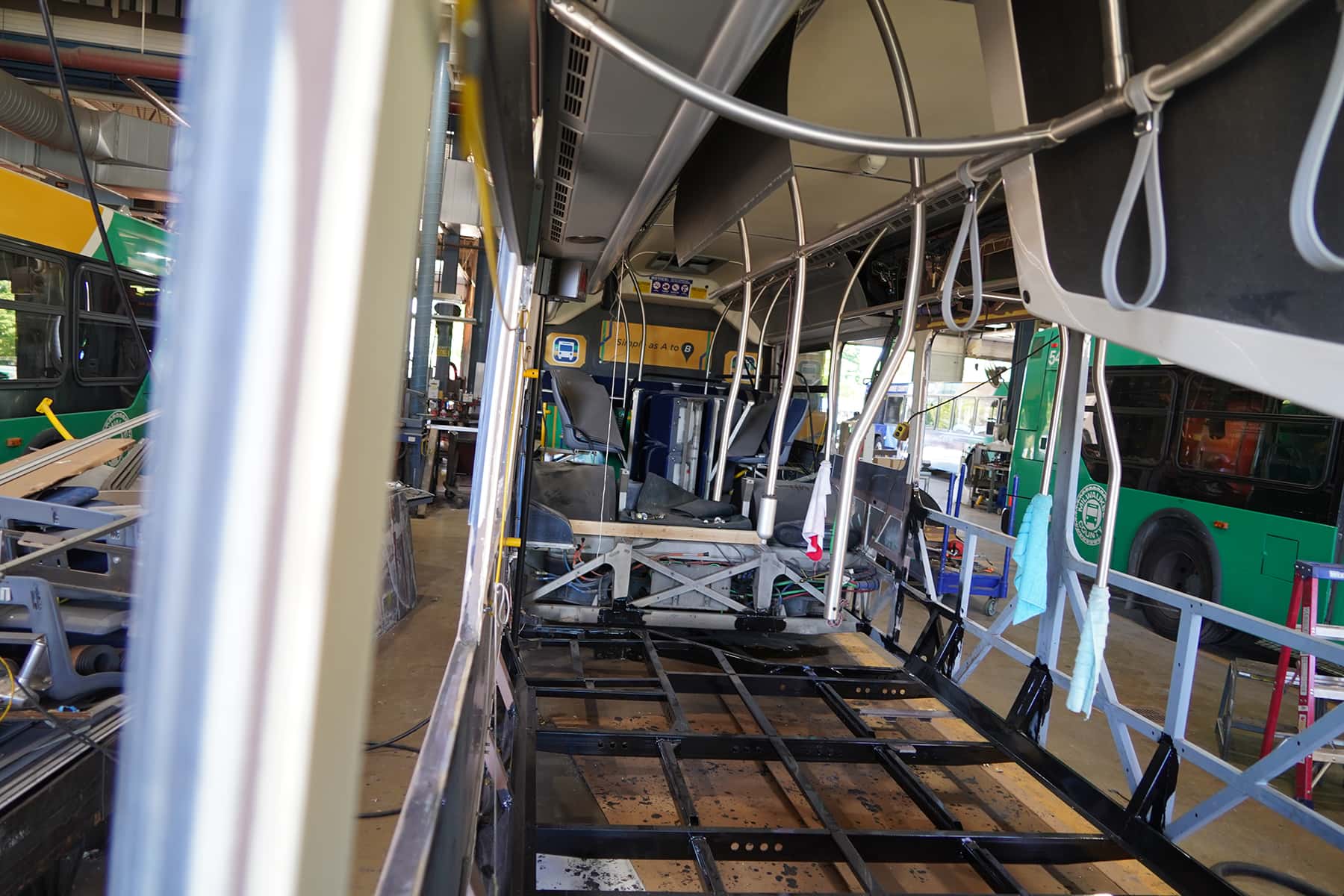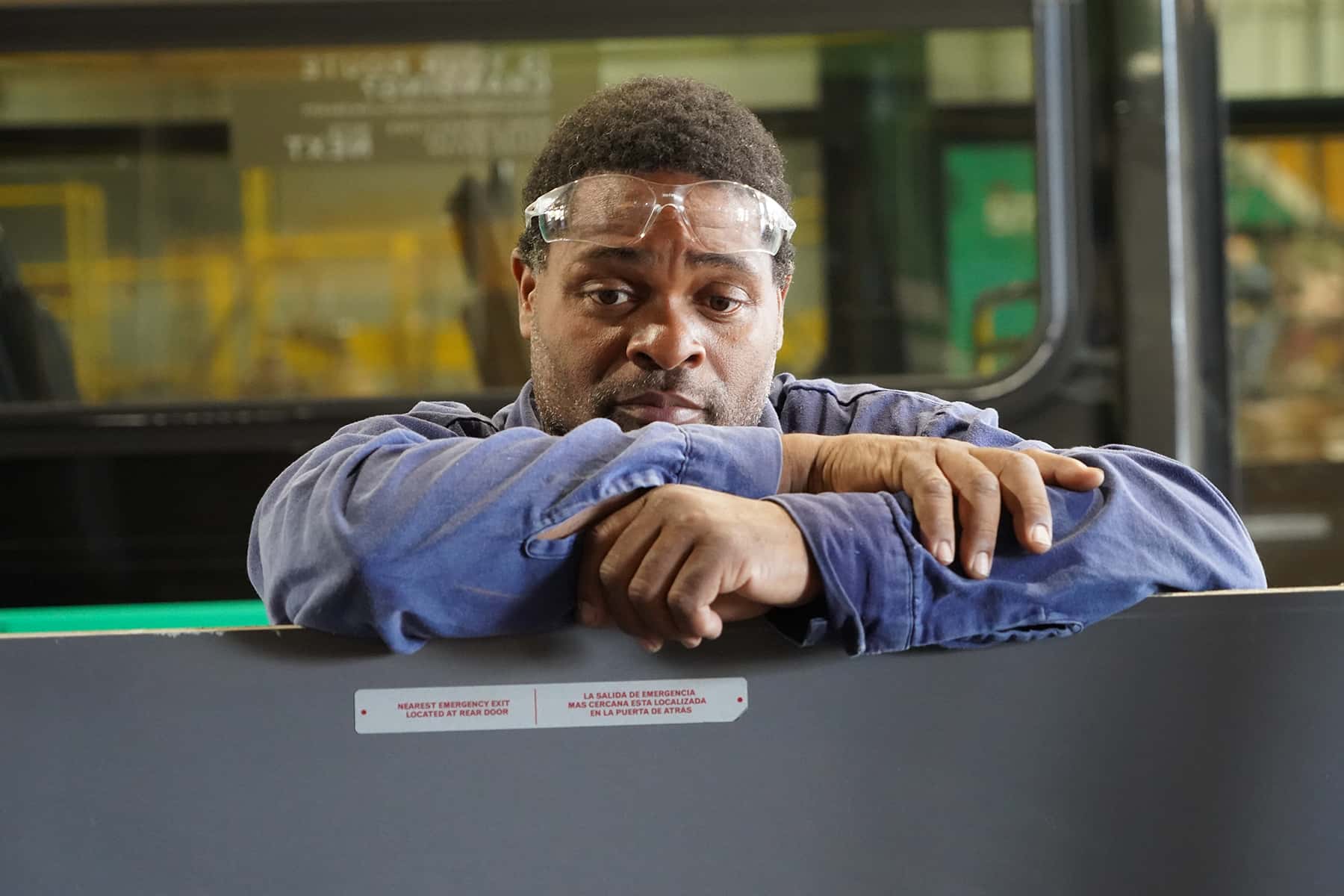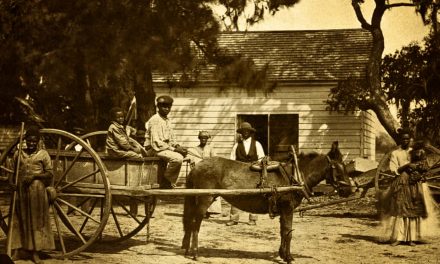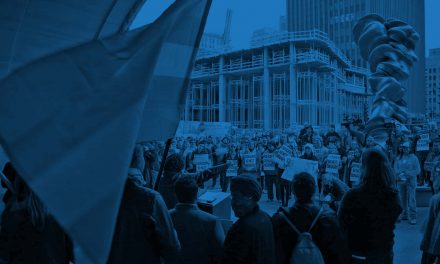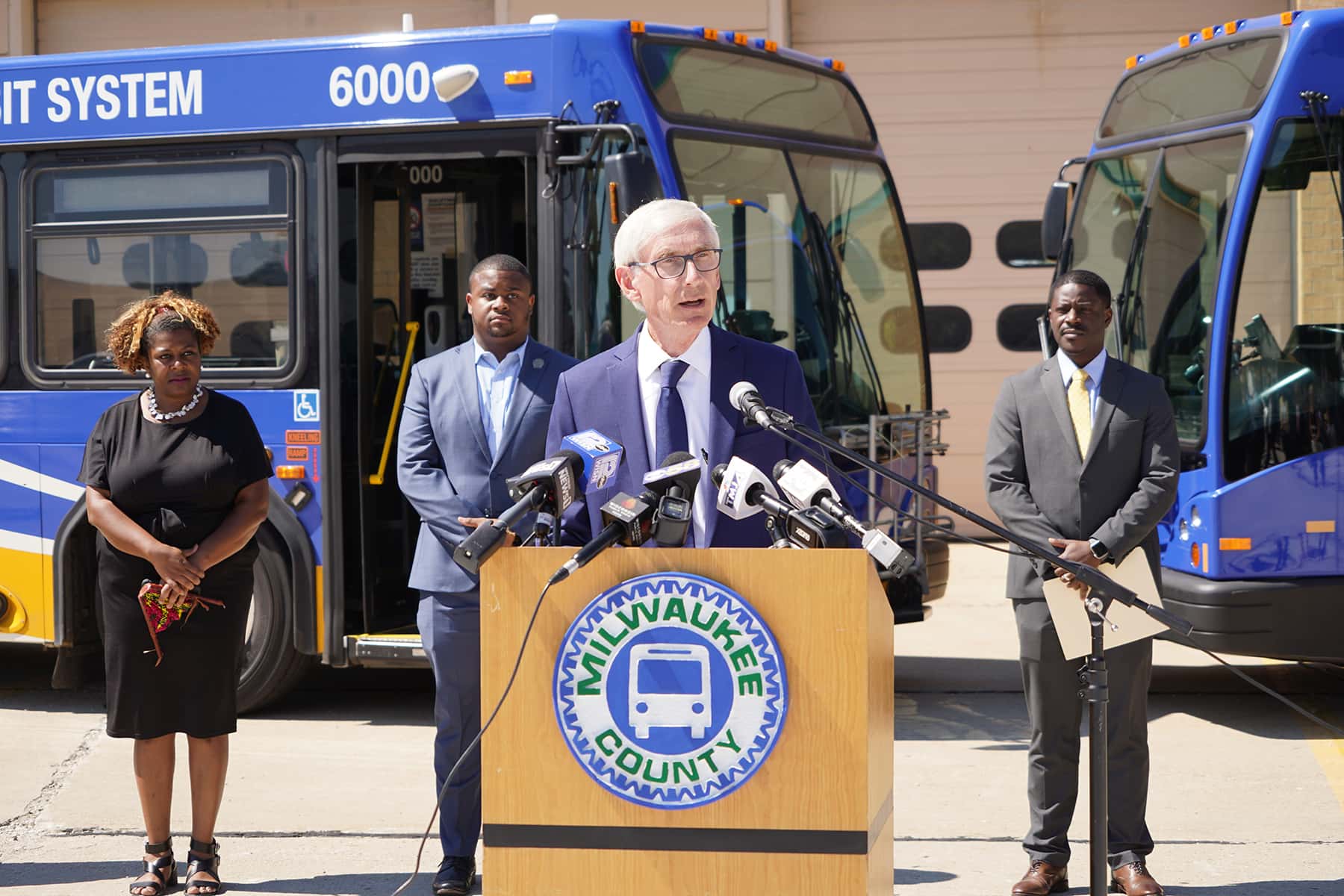
Governor Tony Evers announced on August 30 a $25 million investment in transit services for the city of Madison and Milwaukee County, supported by the state’s American Rescue Plan Act dollars.
Madison will get more than $5.2 million of the funds, and more than $19.7 million will go to Milwaukee County. The news follows the governor’s recent announcement of $250 million in funds for two new competitive grant programs. His plan is to help communities across Wisconsin rebound and recover from the coronavirus pandemic with a $200 million Neighborhood Investment Fund, as well as a $50 million Healthcare Infrastructure Capital Investment grant program.
These programs will help neighborhoods recover from the pandemic and address the equity gap in our state—like housing projects, transit and childcare solutions, and increasing access to healthcare in underserved communities.
“I often talk about connecting the dots, and that’s what our vital transit systems do across our state, helping workers, families, and students get from point A to point B safely,” said Governor Evers. “For our most urban centers to be targeted by Republican cuts during the last budget was a slap in the face to the disproportionate number of Wisconsinites in those communities who depend on public transit to get to school, work, doctor’s appointments — you name it. I am glad to be putting our ARPA funds to good use in these communities to help ensure our families, workers and businesses, and our economic drivers for the state continue to bounce back from the pandemic and see long-term economic recovery.”
The $25 million investment made by Governor Evers will help fill a $32.7 million gap in funding left by the Legislature’s Joint Committee on Finance during the state budget process. Republican legislators voted to siphon off public transit funding through the State Urban Mass Transit Operating Assistance Program in Milwaukee and Madison by 50 percent over the biennium.
The GOP effort was widely seen as a direct political attack to cause economic damage for the state’s two largest cities, which also happen to be heavily Democratic. The unjustified budget cut also conflicted with the Republican assertions that residents should get back to work, in the middle of a pandemic, while they crippled the very transportation services that laborers depended on to reach their jobs.
State Senator LaTonya Johnson characterized the budget cut as “spiteful, mean spirited, and counter productive.” Representing Milwaukee’s north and central neighborhoods, she is the only Democratic member of the Joint Committee on Finance which is dominated by Republicans.
“Money that was intended for the COVID-19 relief, that was given to us by the Federal government, shouldn’t have been a punishment,” said State Senator Johnson. “It should have been a way for our transit systems to sustain themselves during the COVID-19 pandemic.”
The governor’s provision of resources will help Milwaukee and Madison support continuing transit services that provide Wisconsinites with a system to reach their place of employment, school and job training, medical appointments, and other activities – especially for low-to-middle-income Wisconsinites, individuals with disabilities, and communities of color who disproportionately depend on public transit.
“Thank you to Congress for passing the American Rescue Plan and thank you to Governor Evers for recognizing the importance of funding a key resource for Milwaukee County residents. Transportation is an important resource in any community, but especially in Milwaukee County where we believe every resident should have connections to job centers, grocery stores, medical offices, and recreation,” said Milwaukee County Executive David Crowley. “This is an investment in equity for our county and the exact kind of actions we need to take if we want to see families, communities, and our economy succeed for years to come.”
Lee Matz
Fleet Maintenance is where MCTS buses undergo repairs. The vehicle featured in this photo essay was rammed in a “hit and run” incident that broke the bus in half. Mechanics waited months for special parts, delayed by the pandemic, and are finally able to continue its restoration.

